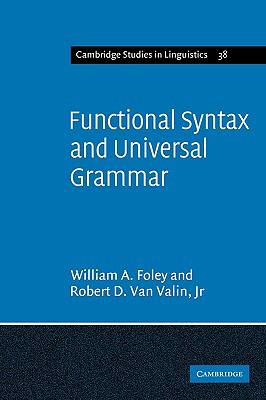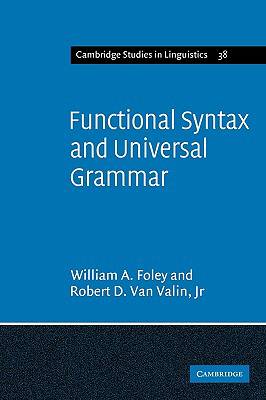
Bedankt voor het vertrouwen het afgelopen jaar! Om jou te bedanken bieden we GRATIS verzending (in België) aan op alles gedurende de hele maand januari.
- Afhalen na 1 uur in een winkel met voorraad
- In januari gratis thuislevering in België
- Ruim aanbod met 7 miljoen producten
Bedankt voor het vertrouwen het afgelopen jaar! Om jou te bedanken bieden we GRATIS verzending (in België) aan op alles gedurende de hele maand januari.
- Afhalen na 1 uur in een winkel met voorraad
- In januari gratis thuislevering in België
- Ruim aanbod met 7 miljoen producten
Zoeken
Omschrijving
The key argument of this book, originally published in 1984, is that when human beings communicate with each other by means of a natural language they typically do not do so in simple sentences but rather in connected discourse - complex expressions made up of a number of clauses linked together in various ways. A necessary precondition for intelligible discourse is the speaker's ability to signal the temporal relations between the events that are being discussed and to refer to the participants in those events in such a way that it is clear who is being talked about. A great deal of the grammatical machinery in a language is devoted to this task, and Functional Syntax and Universal Grammar explores how different grammatical systems accomplish it. This book is an important attempt to integrate the study of linguistic form with the study of language use and meaning. It will be of particular interest to field linguists and those concerned with typology and language universals, and also to anthropologists involved in the study of language function.
Specificaties
Betrokkenen
- Auteur(s):
- Uitgeverij:
Inhoud
- Aantal bladzijden:
- 432
- Taal:
- Engels
- Reeks:
- Reeksnummer:
- nr. 38
Eigenschappen
- Productcode (EAN):
- 9780521269049
- Verschijningsdatum:
- 13/09/1984
- Uitvoering:
- Paperback
- Formaat:
- Trade paperback (VS)
- Afmetingen:
- 152 mm x 229 mm
- Gewicht:
- 630 g

Alleen bij Standaard Boekhandel
+ 190 punten op je klantenkaart van Standaard Boekhandel
Beoordelingen
We publiceren alleen reviews die voldoen aan de voorwaarden voor reviews. Bekijk onze voorwaarden voor reviews.









